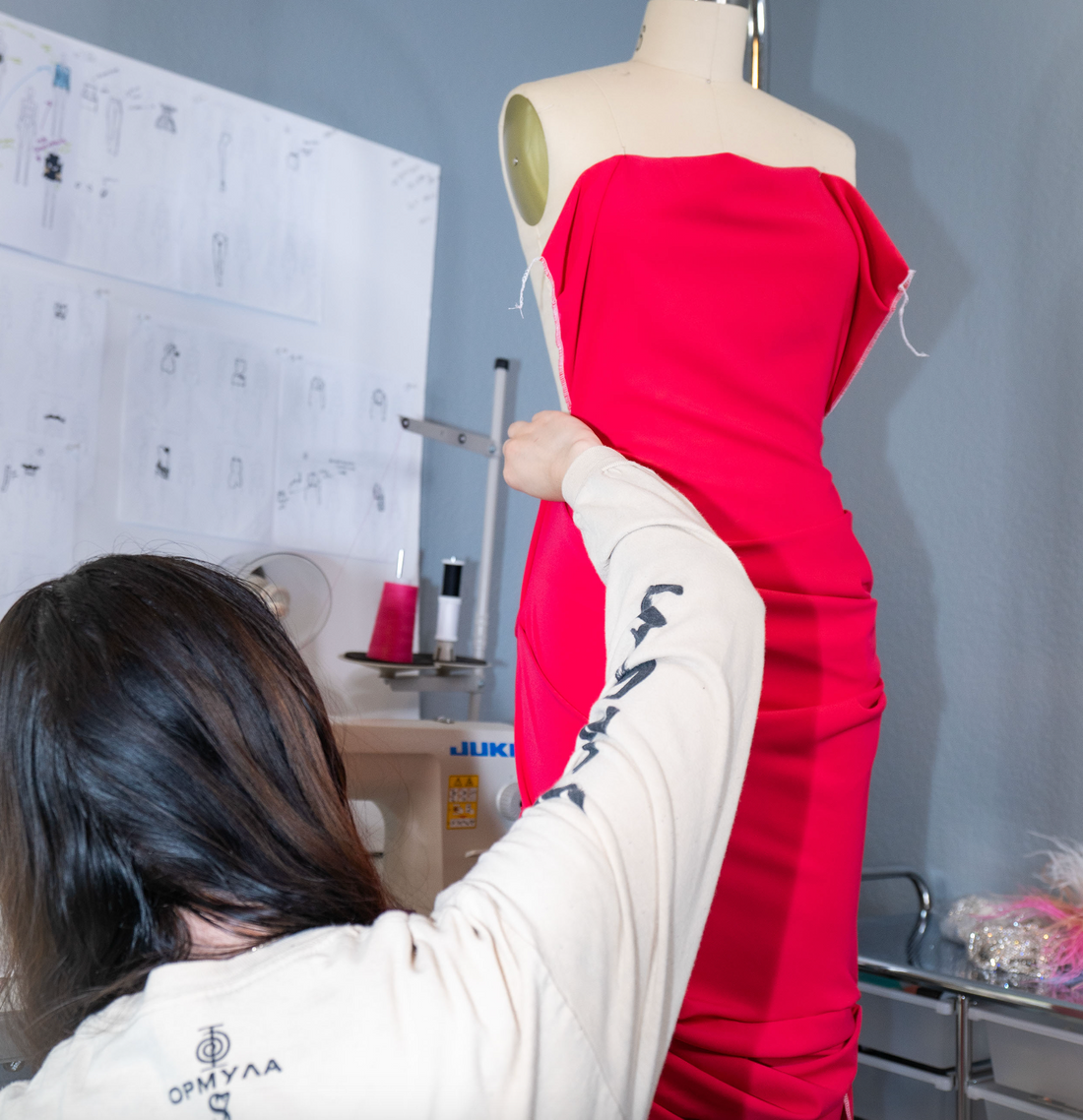In the bustling world of fashion, trends come and go at rapid speed, tempting us with new styles almost everyday. However, amidst this whirlwind of fast-paced consumerism lies a movement that is gaining momentum and changing the way we approach clothing: slow fashion.
Understanding Slow Fashion
At its core, slow fashion is a response to the harmful practices and consequences of fast fashion, which prioritize speedy production and quick turnover of cheaply made garments. Slow fashion advocates for a more thoughtful and sustainable approach to clothing, focusing on quality, longevity, and ethical production practices.
Key Principles of Slow Fashion
-
Quality Over Quantity: Slow fashion encourages investing in well-made, durable clothing that withstands the test of time. Instead of buying multiple cheap items that quickly wear out, the focus is on building a timeless wardrobe with pieces that last.
-
Ethical Production: Unlike fast fashion, which often relies on exploitative labor practices in pursuit of low costs, slow fashion prioritizes fair wages, safe working conditions, and environmentally friendly production methods.
-
Sustainable Materials: Slow fashion prioritizes the use of sustainable materials such as organic cotton, linen, hemp, and recycled fibers. These materials have lower environmental impacts, require fewer chemicals and water in their production, and support biodiversity conservation.
-
Local and Artisanal: Supporting local artisans and small-scale producers is another cornerstone of slow fashion. By valuing craftsmanship and traditional techniques, this movement celebrates cultural diversity and fosters meaningful connections between consumers and creators.
-
Transparency and Accountability: Slow fashion brands are transparent about their supply chains, materials, and production processes. They prioritize accountability and strive for greater visibility into every stage of garment creation.
Benefits of Slow Fashion
-
Environmental Impact: By reducing overproduction and minimizing waste, slow fashion significantly reduces its environmental footprint compared to fast fashion. Embracing sustainable materials and practices further contributes to a healthier planet.
-
Social Responsibility: Ethical production practices in slow fashion ensure that garment workers are treated fairly and work in safe conditions, addressing social issues prevalent in the fashion industry.
-
Long-Term Savings: While slow fashion may involve higher upfront costs due to the quality of materials and craftsmanship, it ultimately saves money in the long run by reducing the need for frequent replacements and repairs.
-
Personal Style and Individuality: Slow fashion encourages personal expression and cultivates a unique sense of style, moving away from the cookie-cutter trends promoted by fast fashion.
How to Embrace Slow Fashion
-
Buy Less, Choose Well: Instead of succumbing to impulse buys and fleeting trends, take the time to assess your wardrobe needs, truly understand your own unique style, and invest in high-quality pieces that align with your values.
-
Support Sustainable Brands: Research and support brands that prioritize sustainability, transparency, and ethical practices. Look for certifications like Fair Trade, OEKO-TEX, or GOTS (Global Organic Textile Standard) to ensure credibility.
-
Upcycle and Repair: Extend the lifespan of your clothing by learning basic sewing skills or supporting local tailors and repair shops. Upcycling old garments into new creations adds a personal touch and reduces waste.
-
Swap and Share: Explore clothing swaps with friends or participate in community exchanges to refresh your wardrobe without buying new items. Sharing resources promotes a circular economy and reduces consumption.
-
Educate and Advocate: Spread awareness about the benefits of slow fashion and advocate for systemic changes in the fashion industry. Encourage others to make conscious choices and support sustainable practices instead of shopping with fast fashion retailers and brands.
Slow fashion is a transformative movement reshaping the way we view and consume clothing. By embracing sustainability, ethics, and mindful consumption, we can foster a more equitable, environmentally conscious, and stylish future. Join the slow fashion revolution and dare to make a positive impact one garment at a time.
Learn more about Formula S7's Slow Fashion Practices Here: https://formula-s7.com/pages/brand-values

